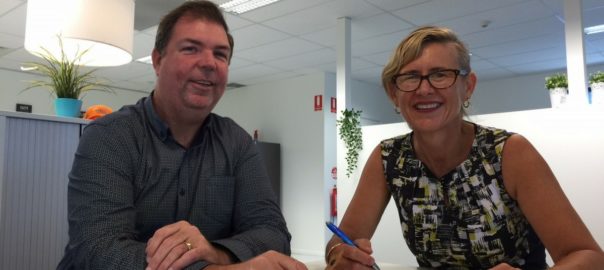Written by guest blogger, Andrej Kovacevic
Social interaction, to some degree, is a requirement of every job. Even if your chosen career involves significant amounts of computation, you’ll still most likely have to be able to explain your work to your boss and colleagues. This requires you to have at least some level of communication skills.
The more advanced your communication skills are, the likelier you are to succeed in your career. Being a persuasive communicator can dramatically escalate your career, whether you’re a data scientist, an engineer, or a worker in virtually any other role.
This might prompt you to wonder: Do the best jobs require you to be an extrovert? And, in fact, do you have to be an extrovert if you hope to be successful?
The answer to both questions is “no”.
It is true that, until recently, in many ways, western workplace culture has seemed to favour extroverts over introverts. Extroverts have had a tendency to earn higher salaries, because they have been more frequently entrusted with high-paying jobs that require management expertise or top-level communication skills. Introverts may have been at a disadvantage when seeking such lucrative jobs, because so many of the best-paying jobs have been ones that require “people skills”.
But introverts are just as likely to be successful as extroverts are in the years ahead.
Changing Dynamics As the Fourth Industrial Revolution Proceeds
A dramatic change in dynamics is underway as we embark on the fourth industrial revolution. This is because a different set of skills is emerging that will be more critical for the future of work – and for the workers of the future — than it has ever been in the past.
The up-and-coming skill set is one that doesn’t exclude introverts and is, in fact, likely to reward them. Some of these skills include creativity, innovation, persistence, empathy for others and the ability to listen to others. These skills don’t tend to favour either extroverts or introverts; they are skills that all people have the potential to master.
In fact, they are some of the traits that make human beings human. These characteristics distinguish us from the robots and algorithms that are increasingly taking over tasks that humans used to perform.
As we embrace the future, the differences between introverts and extraverts may become less important at work. This is because, in the future, both groups of people will need to work on perfecting the humanistic skills that distinguish them from various forms of technology. These “soft skills” are becoming increasingly crucial for human workers because they give people a distinct advantage over their likeliest future competitors: robots.
Jobs for humans, whether extroverted or introverted, are becoming increasingly vulnerable. Some analysts have proposed that, in the future, many of the jobs that are currently done by humans will be performed by artificial intelligence or other forms of technology.
We can already see this happening. For example, as accounting software becomes more sophisticated and automated, more business owners are able to handle their own accounting. This is likely to translate to fewer well-paying opportunities for bookkeepers in the future.
If you hope to remain among the employed far into the future, at some point you will probably have to demonstrate to your employer why you are more valuable to your organisation than a machine would be. If you’re able to be persistent, creative and innovative; if you’re able to listen empathetically and work as part of a team; and, overall, if you demonstrate capabilities that algorithms and robots couldn’t possibly replicate, you will be much better positioned to remain employed in the future. That holds true whether you’re an introvert, an extrovert or somewhere in between.
Career Vitality provides individual and group career coaching services to support clients to plan and achieve their career goals. Email Judith at judith@careervitality.com.au to help work out your next career steps.









